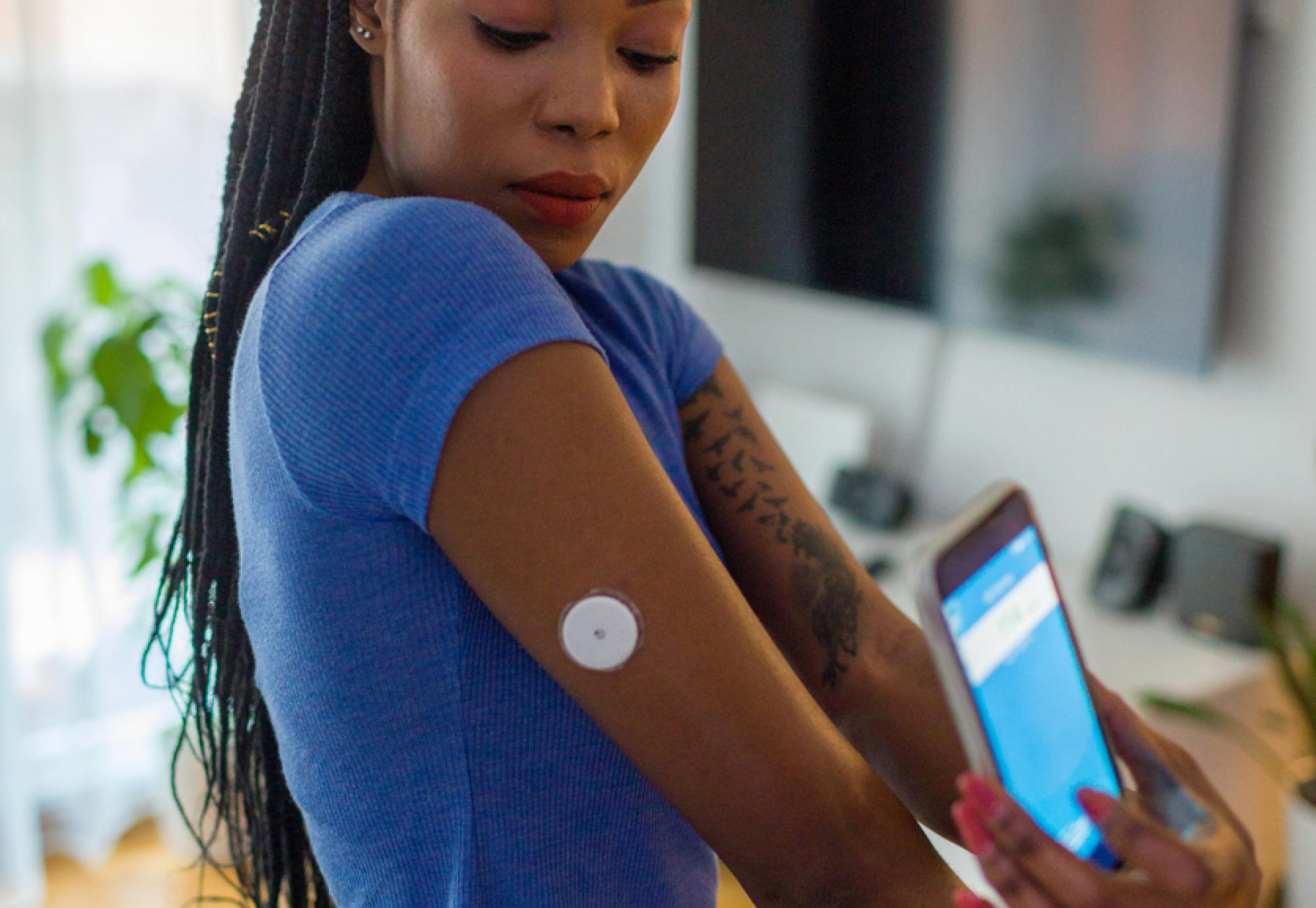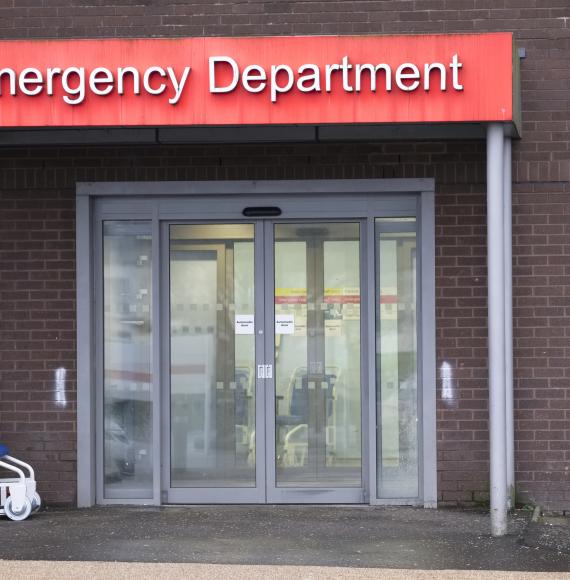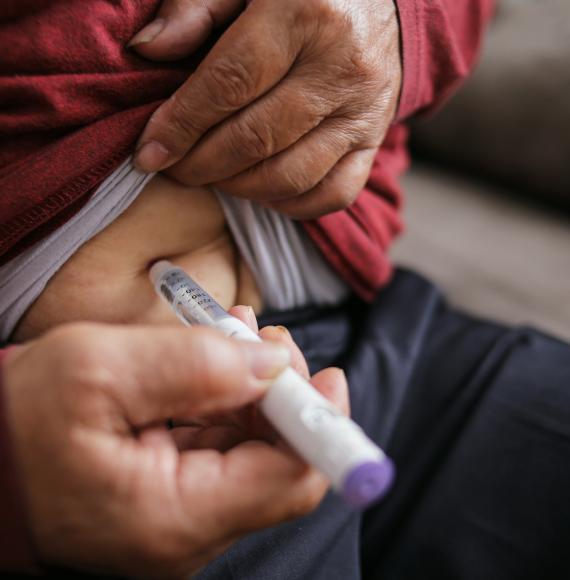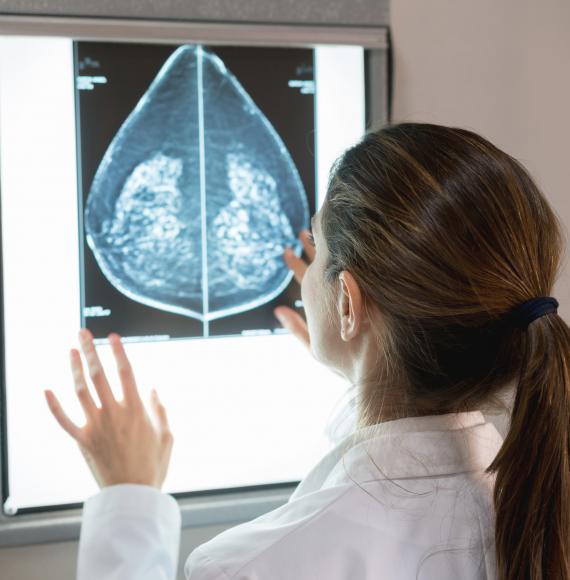New guidance published today by NICE has allowed all people living with Type 1 diabetes to have access to technology which allows patients to monitor their glucose levels more easily.
The wearable glucose monitor has sensors which sit on the arm which allows users to receive an accurate glucose reading in just one second.
The technology links to an app which can be used on patients’ phones, collates glucose readings to establish patterns and trends whilst also predicting future sugar levels.
The NHS Long Term Plan established a 20 percent target for people with Type 1 diabetes to be benefiting from the flash monitors by March 2021.
Recent statistics have shown that nearly three fifths of patients in England already have access to the monitors, putting the NHS well ahead of their original aims.
National NHS Specialty Adviser for Diabetes, Professor Partha Kar, said: “This announcement is the biggest step forward for Type 1 diabetes care in years, allowing everyone eligible to have one of these easy to use pieces of tech if they want to – building on the success of the NHS in its rollout so far. I am delighted to see NICE endorse the use of this technology.
“These monitors are a win-win – they support diabetes patients to live healthier lives, reduce their risk of hospitalisation while also helping to reduce pressure on NHS services and provide better value for money for taxpayers”.
Research findings, revealed at the Diabetes UK Professional Conference 2022 showed that not only is the new monitoring gadget allowing patients an accurate reading of their glucose levels, but it is also improving their quality of life drastically.
The NHS Diabetes Prevention Programme was launched to help tackle and treat diabetes, and has shown that whilst helping those with type 1 daibetes, it has also helped thousands to manage type 2 diabetes.
Diabetes currently costs the NHS £10bn a year in England, equating to around ten percent of the overall NHS budget.
One user of the flash glucose monitor said: “Before I started using a flash glucose monitor, I carried my blood glucose testing kit with me everywhere and would have to test up to eight times per day – I was pricking my finger and testing my blood sugar before breakfast, before lunch, before dinner and before bed. Before driving in the car, I would need to test, and after driving for two hours I would need to stop to test – endless testing!
“Growing up with diabetes, I’d never dreamed that a device like a flash glucose monitor, where you don’t need to finger prick to know what your levels are, would be developed in my lifetime – and when I first started using one, I couldn’t quite believe something so small had such an impact on managing my diabetes.
“Since using a flash monitor, I’ve seen a huge improvement as I can make informed decisions when taking my insulin by looking at trends. But, most importantly, it’s helped me have more confidence and improved my mental well-being”.
All eligible patients can now receive a monitor on prescription from their GP or diabetes team.



















